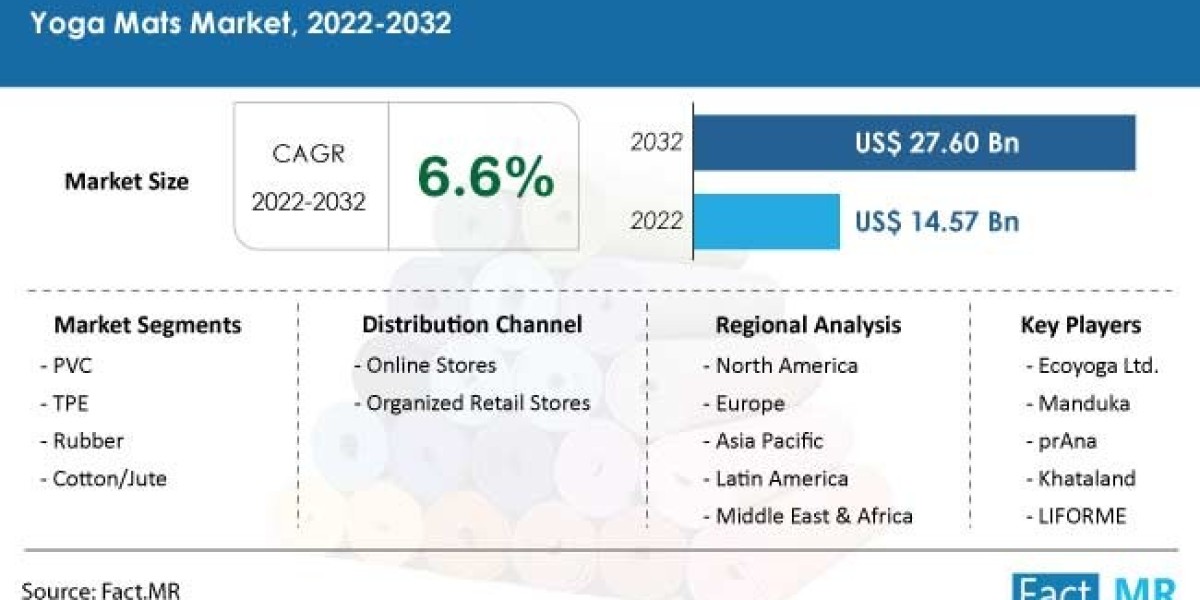
Septic tanks are an essential part of many homes, especially in rural areas where municipal sewage systems are not available. However, several myths and misconceptions surround septic tank pumping, leading to confusion and potentially costly mistakes. In this article, we’ll debunk some of the most common myths about septic tank pumping to help you better understand this vital maintenance task.
Myth 1: You Only Need to Pump Your Septic Tank When It Overflows
Reality: Many homeowners believe that septic tank pumping is only necessary when there’s a visible problem, such as an overflow or backup. In reality, regular pumping is essential to prevent these issues. Depending on the size of your tank and the number of people in your household, you should schedule pumping every 3 to 5 years. Regular maintenance can help avoid costly repairs and system failures.
Myth 2: All Septic Tanks Are the Same
Reality: Septic tanks come in various sizes, materials, and designs, and each type may require different maintenance practices. Understanding your specific system is crucial for determining the right pumping schedule and maintenance practices. Consulting a professional can help ensure that you’re following the best practices for your particular tank.
Myth 3: Pumping a Septic Tank is a DIY Task
Reality: While some home maintenance tasks can be performed by homeowners, septic tank pumping is not one of them. This process requires specialized equipment and expertise to ensure it’s done correctly. Hiring a professional not only guarantees that the job is performed safely and efficiently, but it also helps prevent damage to the tank and surrounding systems.
Myth 4: Septic Systems Don’t Need Any Maintenance Besides Pumping
Reality: While pumping is a critical component of septic system maintenance, it’s not the only task that should be performed. Regular inspections, checking for leaks, and ensuring that the drain field is functioning properly are all important for maintaining your septic system. Neglecting these aspects can lead to more significant issues down the line.
Myth 5: You Can Flush Anything Down the Toilet as Long as You Pump Regularly
Reality: Many homeowners mistakenly believe that regular pumping allows them to flush anything down the toilet. However, this is far from true. Items like wipes, feminine hygiene products, and other non-biodegradable materials can clog your system and cause severe damage, regardless of how often you pump. Always be mindful of what goes down your drains.
Myth 6: Septic Tank Pumping is Too Expensive
Reality: While the upfront cost of pumping your septic tank may seem high, it’s a small price to pay compared to the potential costs of a system failure. Regular pumping helps prevent backups and repairs, ultimately saving you money in the long run. Investing in proper maintenance is a wise decision for any homeowner.
Myth 7: You Can’t Use Your Water While the Septic Tank is Being Pumped
Reality: While it’s best to avoid excessive water use during the pumping process, you don’t have to go completely without water. Your pumping service provider will give you specific instructions on how to manage water usage during the procedure, allowing you to continue with most daily activities.
Conclusion
Understanding the truths about septic tank pumping can help you maintain your system effectively and avoid unnecessary expenses. By debunking these common myths, you’ll be better equipped to care for your septic tank and ensure it operates efficiently for years to come. If you're looking for septic tank pumping near me, make sure to choose a reputable provider who can guide you through the best maintenance practices for your system.


